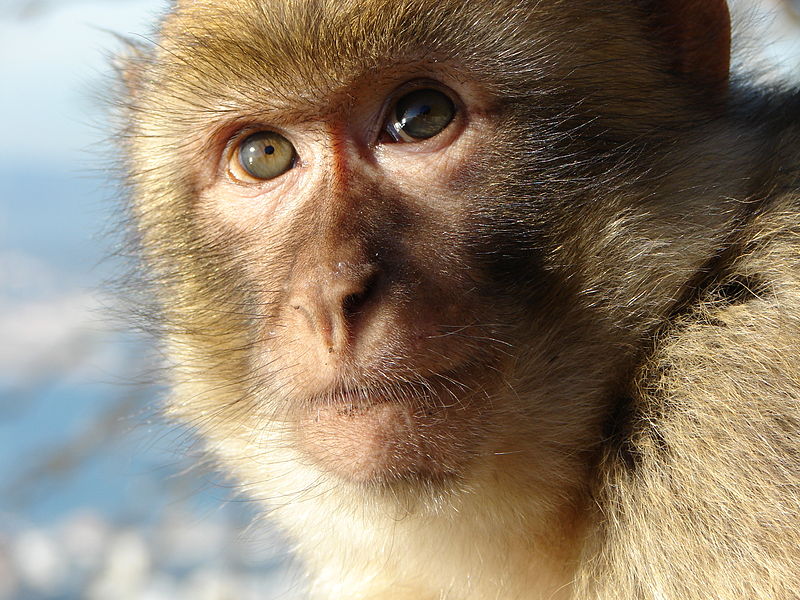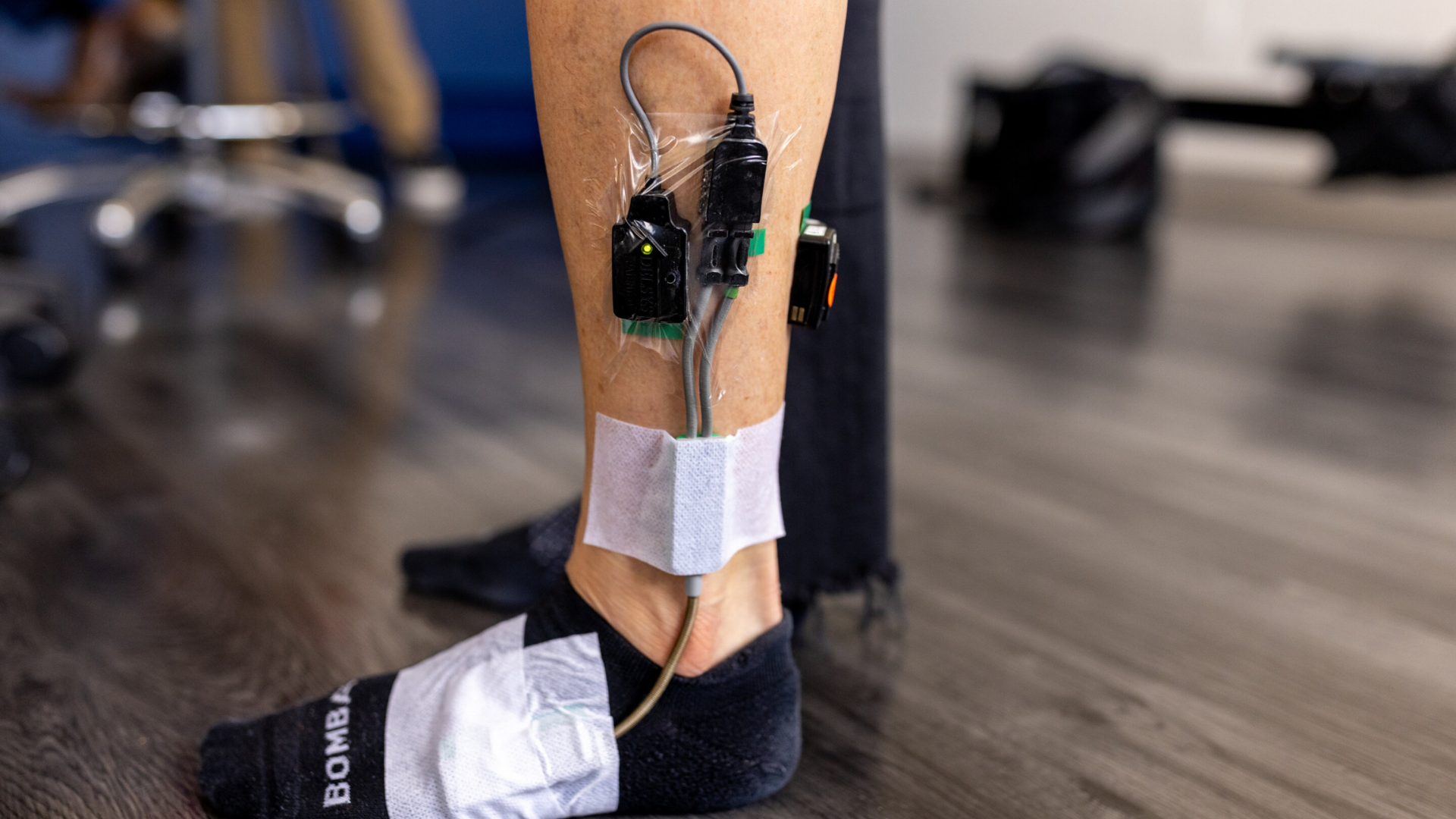A Spanish scientist Juan Carlos Izpisua Belmonte has created the world’s first “human-monkey hybrid” in a laboratory in China. Scientists foresee that this research will eventually result in endless supply of human organs for lifesaving transplants.
They created “human-monkey hybrid”, by genetically modifying monkey embryos to deactivate genes that are essential for the formation of organs. After that they injected human stem cells capable of creating any type of tissue in to the embryo.
However, the experiment was stopped before the embryo was old enough to be born, because of ethical concerns and fears of the human stem cells migrating to the brain.
For creating organs for human life-saving transplants, researchers say creating the hybrid was a vital step, and they will have to continue their experiments using primates.
Professor Izpisua, said, “We are now trying not only to move forward and continue experimenting with human cells and rodent and pig cells, but also with non-human primates,”
Scientists performed similar experiments using pig or sheep embryos earlier also, but they faced technical challenges, probably because the animals are genetically distant from humans. Scientists foresee as primates closely relate to people, they may help in getting promising results.
According to Estrella Núñez, a biologist and administrator at the Catholic University of Murcia, “The ultimate goal would be to create a human organ that could be transplanted but the path is almost more interesting for today’s scientists,” “What we want is to make progress for the sake of people who have a disease.”







